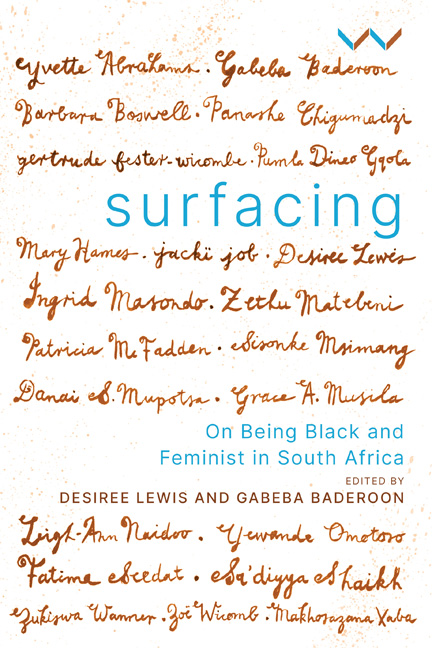Book contents
Chapter 17 - Thinking Through Transnational Feminist Solidarities
Published online by Cambridge University Press: 15 April 2021
Summary
One of the most pressing questions for the work towards radical change and resistance is how to build solidarity locally and globally, across difference. The question of solidarity haunts me because there is power in numbers and yet building large movements across issues, time and space is so difficult. As we have repeatedly seen, mass resistance forces people in power to listen to our demands and can produce the kinds of change we want. It is therefore important, in addition to defending our progressive movements from external attacks, to address how we negotiate solidarity within our movements, knowing that unequal power relations can and are often reproduced in the very spaces of resistance we create to redistribute that power. The inability to deal with how power operates through us and our relations with one another results in us – often with the best of intentions – doing harm to one another and to the possibility of solidarity.
My experience of movements has included witnessing many moments of solidarity. What defined these moments for me was how activists relinquished their relative privilege and personal position in order to place themselves in political communion with others. My earliest recollection of such moments is of my father, Derrick Naidoo, who over his lifetime has committed acts of class suicide to live and work among working-class and poor people who did not have the educational and class privileges that he did. In 1981, he survived a 40-day hunger strike in prison aimed at raising international awareness of South African students who were tortured and imprisoned with him for their anti-apartheid politics. His anti-racist and anti-capitalist beliefs provided me with a model for tying one's fate to others in political acts that oblige one to relinquish privilege and face extreme risks. I continue to be inspired and humbled by the many acts of bravery and sacrifice that I witnessed during the fight against apartheid. The vast majority of them were not memorialised, but are remembered in the personal stories of so many black South Africans.
Here, I reflect on ideas about solidarity, struggle and current challenges for radicalism that emerged afresh during my experience on the Women's Boat to Gaza (WBG), on which I sailed in September 2016.
- Type
- Chapter
- Information
- SurfacingOn Being Black and Feminist in South Africa, pp. 241 - 255Publisher: Wits University PressPrint publication year: 2021



